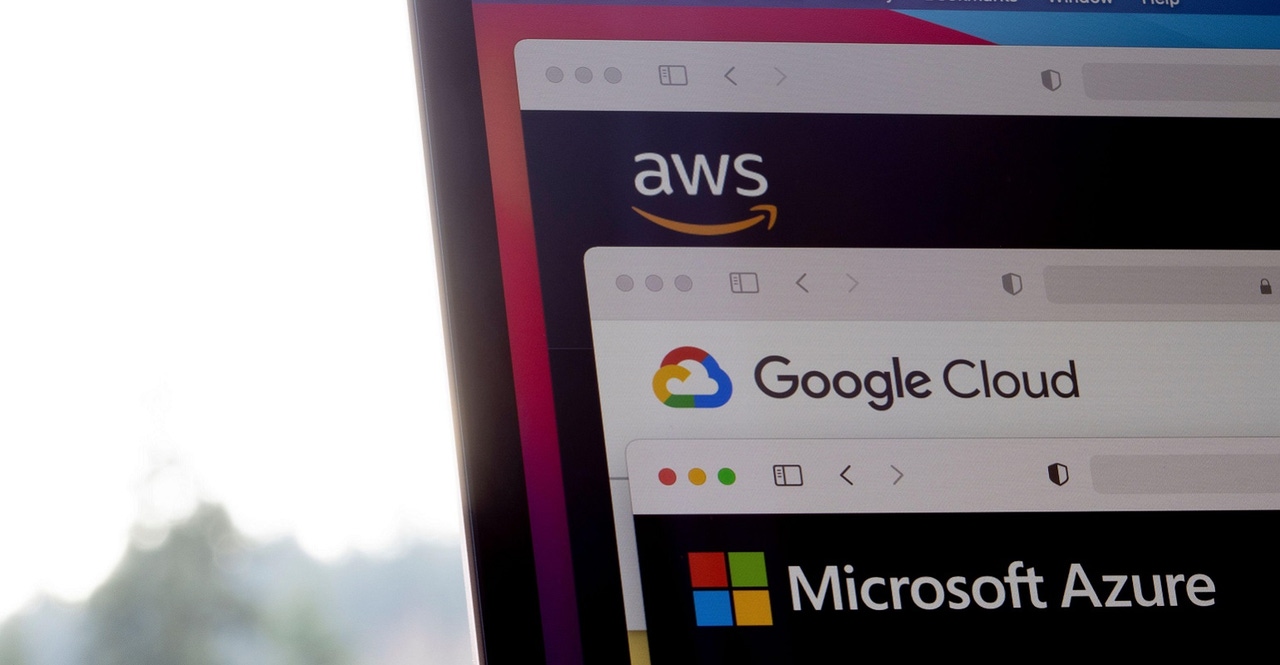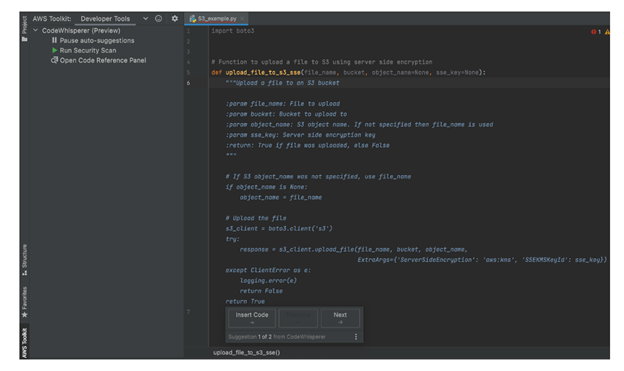AWS, Azure, and GCP: 4 Major Areas in Which They DifferAWS, Azure, and GCP: 4 Major Areas in Which They Differ
Consider these four differences between AWS, Azure, and GCP before choosing one of the "Big Three" public clouds.

If you look at the "Big Three" public clouds today — Amazon Web Services, Microsoft Azure, and Google Cloud Platform — you'll notice that they look pretty alike. They all offer the same core sets of services. Their prices and billing models are about the same. They target the same groups of customers. And so on.
But that doesn't mean the public clouds are entirely identical. There remain certain areas where there are still important functional differences between AWS, Azure, and GCP.
This article explores four domains where one Big Three cloud provider stands apart from the others — and what the differences say about the future of the cloud computing market.
1. AI-Assisted Coding in the Cloud
All of the major public clouds offer IDE tools or plugins to help developers write code manually. But so far, only one Big Three cloud offers an AI-assisted software development tool, which uses AI models to help developers generate code automatically.
Related: What Is AI-Assisted Coding, and Should You Use It?
That cloud is AWS, and that tool is CodeWhisperer, which AWS introduced in 2022.

Amazon-CodeWhisperer_0
Microsoft, of course, offers Copilot, which is similar to CodeWhisperer in many ways. But Copilot is part of GitHub, not the Azure cloud. It doesn't integrate in any special ways with Azure or cater to Azure-related development needs.
For its part, GCP — and Google in general — has not yet made a major commitment to AI-assisted development products.
What this suggests is that AWS has an early lead in the AI-assisted coding market. Microsoft may eventually find a way to leverage Copilot within Azure, and I'd be surprised if Google doesn't launch some kind of AI-assisted development tool in the relatively near future. But for now, AWS stands apart in this domain.
2.PaaS Offerings on AWS vs. Azure vs. GCP
All of the Big Three clouds offer some version of platform as a service (PaaS), which is a type of cloud computing model in which vendors integrate infrastructure-as-a-service (IaaS) services with software development and deployment tools to provide a platform where businesses can build and run applications.
Related:Who Needs or Doesn't Need Alternative Cloud?
However, Azure arguably stands out for offering the most complete set of PaaS solutions, through services like Web App Service. AWS provides services like Elastic Beanstalk, and GCP has Cloud Run. But these PaaS-like services don't offer the same breadth or depth as Azure's PaaS offerings in terms of the range of use cases they support or the amount of flexibility they give developers when it comes to how their apps are built and run.
If you want a public cloud that offers not just IaaS, but also a robust set of PaaS services, Azure is the most obvious choice currently.
3. Cloud DLP Services
Cloud Data Loss Prevention, or DLP, solutions are designed to help businesses find and protect sensitive data that they store in the cloud.
AWS, Azure, and GCP all offer some form of DLP. But Azure's offering is based on a Microsoft product that doesn't focus on protecting data in Azure specifically, so it's not really a cloud DLP service. It's a generic DLP tool that happens to support Azure.
In contrast, AWS offers Macie and GCP provides a native DLP platform, both of which are cloud-first DLP services.
4. Hybrid Cloud Solutions
You can integrate private infrastructure with public cloud infrastructure to build a hybrid cloud using AWS, Azure, and GCP. However, the way you create and manage the integrations varies.
On GCP, you'd rely on Anthos, a Kubernetes-based platform, for creating and managing hybrid clouds. That makes GCP different from AWS and Azure, whose primary hybrid cloud solutions (Outposts in the case of AWS, and Arc and Stack on Azure) are not Kubernetes-based, and which don't require as much Kubernetes expertise to use.
Related:5 Key Kubernetes Trends to Follow in 2023
There are also differences between the clouds with regard to how flexible their hybrid cloud offerings are. AWS Outposts is more restrictive because it requires customers to purchase hardware directly from AWS, whereas Anthos and Azure Arc can support virtually any hybrid cloud infrastructure.
Conclusion
In short, although AWS, Azure, and GCP are pretty comparable in most respects, they differ from each other when it comes to AI-assisted coding tools, PaaS services, cloud DLP solutions, and hybrid cloud frameworks. Each of the Big Three clouds offers some type of solution in most of these categories, but their solutions are not equally robust or flexible.
If you're choosing a public cloud platform, then, don't obsess over the vanishingly small differences between the clouds in areas like hosted VMs or data storage. All the clouds are pretty much the same in those respects. Focus instead on the more niche services described above, which are where the real differences between clouds shine through.
About the Author
You May Also Like








.jpg?width=700&auto=webp&quality=80&disable=upscale)
